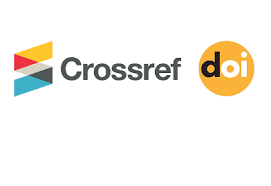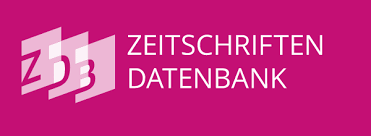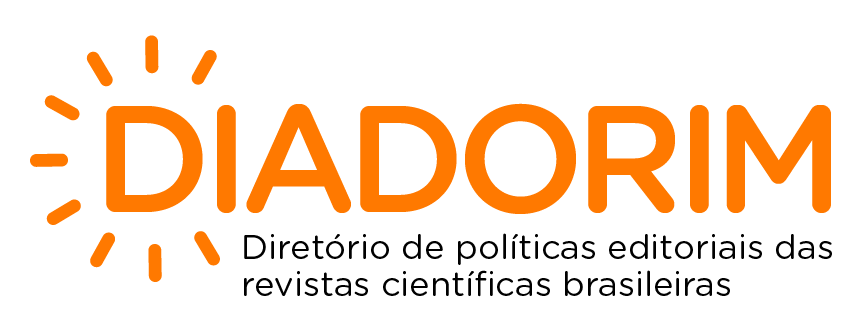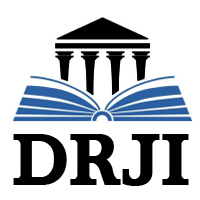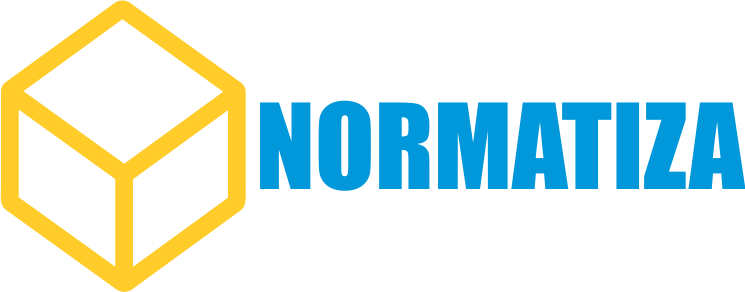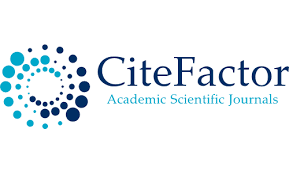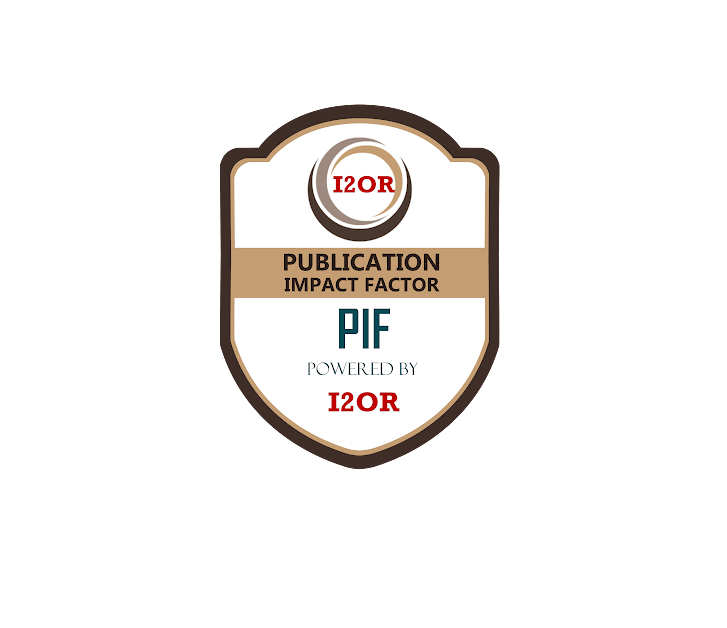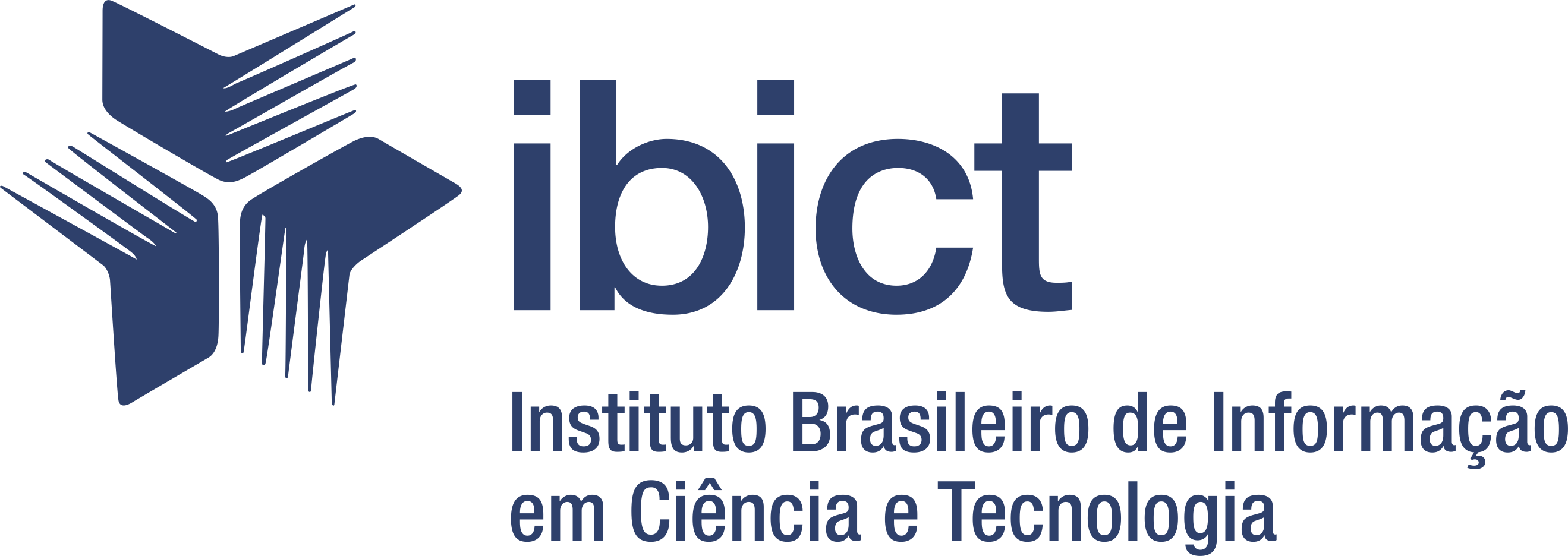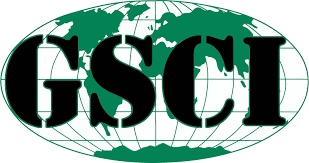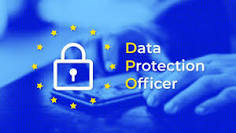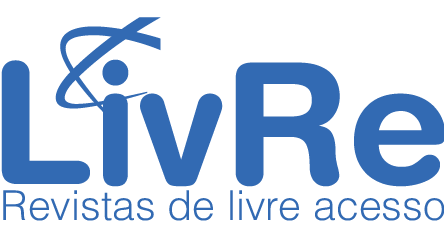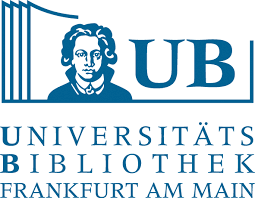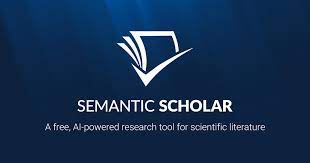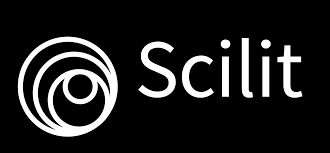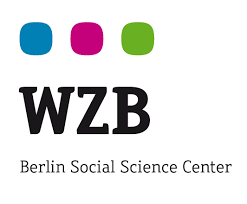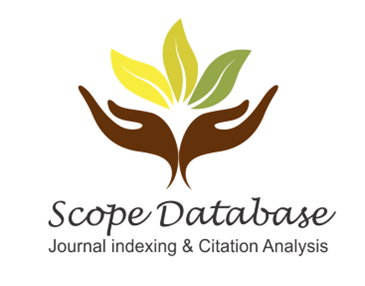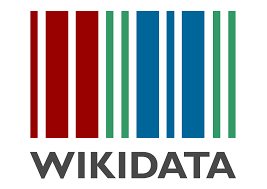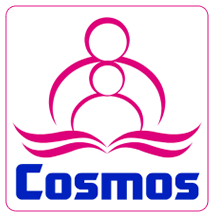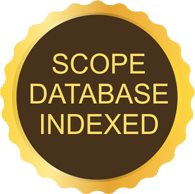HIGH PRODUCTIVITY AND THE RELATIONSHIP WITH BURNOUT SYNDROME
DOI:
https://doi.org/10.53612/recisatec.v1i4.39Keywords:
Productivity; Burnout; Work; NeuroscienceAbstract
Burnout Syndrome or burnout syndrome is characterized by chronic excess of occupational stress that leads to emotional and physical fatigue, influencing the reduction of the individual's capacity. High productivity at work is something common these days, people want to produce more, quickly, knowing how to better manage their time so that they don't get too tired and are practical. The aim of the study is to understand the difference between a productive individual and one with Burnout syndrome, based on the literature review carried out through the following databases: SciELO, PubMed PsycINFO and Science Direct.
Downloads
References
ALEXANDER, G.K., ROLLINS, K., WALKER, D., WONG, L., PENNINGS, J. Yoga for Self-Care and Burnout Prevention Among Nurses. Workplace Health Saf. v. 63, n. 10, págs. 462-70, 2015. doi: 10.1177/2165079915596102. DOI: https://doi.org/10.1177/2165079915596102
ARROGANTE, O., APARICIO-ZALDIVAR, E.G. Burnout syndrome in intensive care professionals: relationships with health status and wellbeing. Enferm Intensiva (Engl Ed). n. 31, v. 2, págs. 60-70, 2020 English, Spanish. doi: 10.1016/j.enfi.2019.03.004. DOI: https://doi.org/10.1016/j.enfie.2019.03.004
BAKARE, J., OMEJE, H.O., YISA, M.A., ORJI, C.T., ONYECHI, K.C.N., ESEADI, C., NWAJIUBA, C.A., ANYAEGBUNAM, E.N. Investigation of burnout syndrome among electrical and building technology undergraduate students in Nigeria. Medicine (Baltimore). v. 98, n. 42, e17581, 2019 doi: 10.1097/MD.0000000000017581. DOI: https://doi.org/10.1097/MD.0000000000017581
BATEMAN, M.E., HAMMER, R., BYRNE, A., RAVINDRAN, N., CHIURCO, J., LASKY, S., DENSON, R., BROWN, M., MYERS, L., ZU, Y., DENSON, J.L. Death Cafés for prevention of burnout in intensive care unit employees: study protocol for a randomized controlled trial (STOPTHEBURN). Trials. v. 11, n. 21, e1, 2020 doi: 10.1186/s13063-020-04929-4. DOI: https://doi.org/10.1186/s13063-020-04929-4
BRIDGEMAN, P.J, BRIDGEMAN, M.B., BARONE, J. Burnout syndrome among healthcare professionals. Am J Health Syst Pharm. v. 1, n. 75, págs. 147-152, 2018 doi: 10.2146/ajhp170460. DOI: https://doi.org/10.2146/ajhp170460
CZEGLÉDI, E., TANDARI-KOVÁCS, M.. A kiégés előfordulása és megelőzési lehetőségei ápolók körében [Characteristics and prevention of burnout syndrome among nurses]. Orv Hetil. v. 160. n. 1, págs. 12-19, 2019 Hungarian. doi: 10.1556/650.2019.30856. DOI: https://doi.org/10.1556/650.2019.30856
DE JONGE, J., PEETERS, M.C.W. The Vital Worker: Towards Sustainable Performance at Work. Int J Environ Res Public Health. v. 13, n. 16 e6, 2019 doi: 10.3390/ijerph16060910. DOI: https://doi.org/10.3390/ijerph16060910
DIMITRIU, M.C.T., PANTEA-STOIAN, A., SMARANDA, A.C., NICA, A.A., CARAP, A.C., CONSTANTIN, V.D., DAVITOIU, A.M., CIRSTOVEANU, C., BACALBASA, N., BRATU, O.G., JACOTA-ALEXE, F., BADIU, C.D., SMARANDACHE, C.G., SOCEA, B. Burnout syndrome in Romanian medical residents in time of the COVID-19 pandemic. Med Hypotheses. v. 144, e109972, 2020 doi: 10.1016/j.mehy.2020.109972. DOI: https://doi.org/10.1016/j.mehy.2020.109972
DINCER, B., INANGIL, D. The effect of Emotional Freedom Techniques on nurses' stress, anxiety, and burnout levels during the COVID-19 pandemic: A randomized controlled trial. Explore (NY). v. 17, n. 2, págs. 109-114, 2021 doi: 10.1016/j.explore.2020.11.012. DOI: https://doi.org/10.1016/j.explore.2020.11.012
DUBEY, S., BISWAS, P., GHOSH, R., CHATTERJEE, S., DUBEY, M.J., CHATTERJEE, S., LAHIRI, D., LAVIE, C.J. Psychosocial impact of COVID-19. Diabetes Metab Syndr. v. 14, n. 5, págs. 779-788, 2020 doi: 10.1016/j.dsx.2020.05.035. DOI: https://doi.org/10.1016/j.dsx.2020.05.035
FESSELL, D., CHERNISS, C. Coronavirus Disease 2019 (COVID-19) and Beyond: Micropractices for Burnout Prevention and Emotional Wellness. J Am Coll Radiol. v. 17, n. 6, págs. 746-748, 2020 doi: 10.1016/j.jacr.2020.03.013. DOI: https://doi.org/10.1016/j.jacr.2020.03.013
FRIGANOVIĆ, A., SELIČ, P., ILIĆ, B., SEDIĆ, B. Stress and burnout syndrome and their associations with coping and job satisfaction in critical care nurses: a literature review. Psychiatr Danub. v. 31, págs. 21-31, 2019
GRIMANI, A., ABOAGYE, E., KWAK, L. The effectiveness of workplace nutrition and physical activity interventions in improving productivity, work performance and workability: a systematic review. BMC Public Health. v. 12, n. 19 e1676, 2019 doi: 10.1186/s12889-019-8033-1. DOI: https://doi.org/10.1186/s12889-019-8033-1
GÜLER, Y., ŞENGÜL, S., ÇALIŞ, H., KARABULUT, Z. Burnout syndrome should not be underestimated. Rev Assoc Med Bras (1992). v. 65, n. 11, págs. 1356-1360, 2019 doi: 10.1590/1806-9282.65.11.1356. DOI: https://doi.org/10.1590/1806-9282.65.11.1356
MOUKARZEL, A., MICHELET, P., DURAND, A.C., SEBBANE, M., BOURGEOIS, S., MARKARIAN, T., BOMPARD, C., GENTILE, S. Burnout Syndrome among Emergency Department Staff: Prevalence and Associated Factors. Biomed Res Int. v. 21, v. 2019, e6462472, 2019 doi: 10.1155/2019/6462472. DOI: https://doi.org/10.1155/2019/6462472
PANCHERI, I. Síndrome de Burnout. Estado de direito. 2018
RAUDENSKÁ, J., STEINEROVÁ, V., JAVŮRKOVÁ, A., URITS, I., KAYE, A.D., VISWANATH, O., VARRASSI, G. Occupational burnout syndrome and post-traumatic stress among healthcare professionals during the novel coronavirus disease 2019 (COVID-19) pandemic. Best Pract Res Clin Anaesthesiol. v. 34, n. 3, págs. 553-560, 2020 doi: 10.1016/j.bpa.2020.07.008. DOI: https://doi.org/10.1016/j.bpa.2020.07.008
RESTAURI, N., SHERIDAN, A.D. Burnout and Posttraumatic Stress Disorder in the Coronavirus Disease 2019 (COVID-19) Pandemic: Intersection, Impact, and Interventions. J Am Coll Radiol. v. 17, n. 7, págs. 921-926, 2020 doi: 10.1016/j.jacr.2020.05.021. DOI: https://doi.org/10.1016/j.jacr.2020.05.021
RODRIGUES, H., COBUCCI, R., OLIVEIRA, A., CABRAL, J.V., MEDEIROS, L., GURGEL, K., SOUZA, T, GONÇALVES AK. Burnout syndrome among medical residents: A systematic review and meta-analysis. PLoS One. n. 12, v. 13, e0206840, 2018 doi: 10.1371/journal.pone.0206840. DOI: https://doi.org/10.1371/journal.pone.0206840
ROY, I. Le syndrome d’épuisement professionnel: définition, typologie et prise en charge [Burnout syndrome: definition, typology and management]. Soins Psychiatr. v. 39, n. 318, págs. 12-19, 2018 doi: 10.1016/j.spsy.2018.06.005. DOI: https://doi.org/10.1016/j.spsy.2018.06.005
STIER-JARMER, M., FRISCH, D., OBERHAUSER, C., BERBERICH, G., SCHUH, A. The Effectiveness of a Stress Reduction and Burnout Prevention Program. Dtsch Arztebl Int. v. 18, n. 113, e46, págs. 781-788, 2016 doi: 10.3238/arztebl.2016.0781. DOI: https://doi.org/10.3238/arztebl.2016.0781
SULEIMAN-MARTOS, N., GOMEZ-URQUIZA, J.L., AGUAYO-ESTREMERA, R., CAÑADAS-DE LA, FUENTE, G.A., DE LA FUENTE-SOLANA, E.I., ALBENDÍN-GARCÍA, L. The effect of mindfulness training on burnout syndrome in nursing: A systematic review and meta-analysis. J Adv Nurs. n. 76, v. 5, págs. 1124-1140, 2020 doi: 10.1111/jan.14318. DOI: https://doi.org/10.1111/jan.14318
TURALE, S., MEECHAMNAN, C., KUNAVIKTIKUL, W. Challenging times: ethics, nursing and the COVID-19 pandemic. Int Nurs Rev. v. 67, n. 2, págs. 164-167, 2020 doi: 10.1111/inr.12598. DOI: https://doi.org/10.1111/inr.12598
VASCONCELOS, E.M., MARTINO, M.M.F. Predictors of burnout syndrome in intensive care nurses. Rev Gaucha Enferm. n. 7, v. 38, e65354, 2018 Portuguese, English. doi: 10.1590/1983-1447.2017.04.65354. DOI: https://doi.org/10.1590/1983-1447.2017.04.65354
WAONGENNGARM, P., AREERAK, K., JANWANTANAKUL, P. The effects of breaks on low back pain, discomfort, and work productivity in office workers: A systematic review of randomized and non-randomized controlled trials. Appl Ergon. v. 68, págs. 230-239, 2018 doi: 10.1016/j.apergo.2017.12.003. DOI: https://doi.org/10.1016/j.apergo.2017.12.003
Downloads
Published
How to Cite
Issue
Section
Categories
License
Copyright (c) 2021 RECISATEC - SCIENTIFIC JOURNAL HEALTH AND TECHNOLOGY

This work is licensed under a Creative Commons Attribution 4.0 International License.
Os direitos autorais dos artigos/resenhas/TCCs publicados pertecem à revista RECISATEC, e seguem o padrão Creative Commons (CC BY 4.0), permitindo a cópia ou reprodução, desde que cite a fonte e respeite os direitos dos autores e contenham menção aos mesmos nos créditos. Toda e qualquer obra publicada na revista, seu conteúdo é de responsabilidade dos autores, cabendo a RECISATEC apenas ser o veículo de divulgação, seguindo os padrões nacionais e internacionais de publicação.








